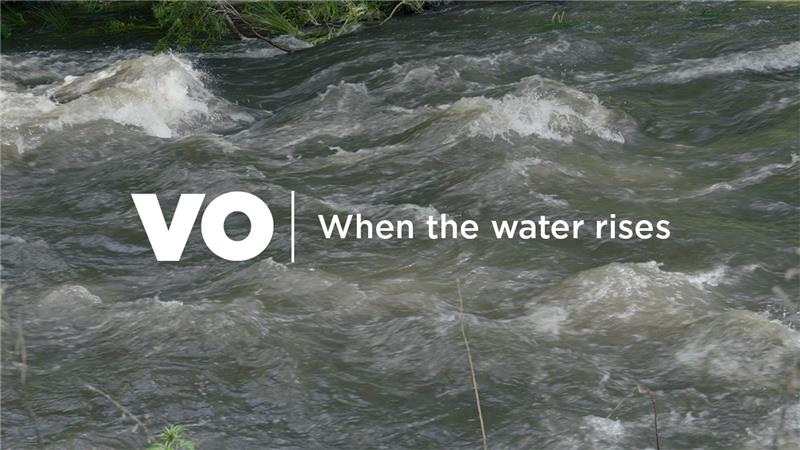Flawed flood modelling left vulnerable retirees at risk – but better planning can stop it happening again
Date posted:
Tabled in Parliament today, a new investigation report by Victorian Ombudsman Marlo Baragwanath – When the water rises – investigated how flood planning decisions had affected residents at two housing estates near the Maribyrnong River.
Referred to the Ombudsman by Parliament’s Legislative Council, the investigation focused on two housing estates – Rivervue Retirement Village, which was significantly affected by the 2022 Maribyrnong river flood; and the Kensington Banks residential estate, which modelling has shown is at risk of future flooding.
The investigation found that different issues affected residents in each development. At Rivervue, the investigation found that Melbourne Water’s rushed and flawed flood modelling, coupled with building plan mistakes, caused the flooding at the site in 2022 and has resulted in vulnerable retirees living in a known flood hazard area. “These mistakes – made in the early 2000s – were recognisable and avoidable,” said Ms Baragwanath.
For Kensington Banks, the investigation found that multiple factors – including climate change impacts, lags in updates to flood modelling and a sinking flood protection levee – appear to be contributing to the development’s new flood risk status, rather than the kind of mistakes that played out at Rivervue. The investigation found that residents could have confidence in the latest Maribyrnong catchment model.
“It’s vital that the community can access accurate, up-to-date information about flood modelling in their area, to inform their decisions,” said Ms Baragwanath. “The experiences of residents at Rivervue and Kensington Banks highlight the need for high-quality flood risk information to be available to the community and incorporated into the planning scheme.”
The investigation also involved assessing flood modelling for the Maribyrnong catchment and considering the need for related policy reforms and compensation for affected residents.
“Climate change is an urgent priority, and we need to start preparing for the likely impacts on the places we live, work, study and play,” Ms Baragwanath said.
While most of the report’s 13 recommendations – calling for better flood risk planning, factoring climate change into decisions, and helping the community to make informed decisions – have been accepted, the Victorian Government is yet to accept two important recommendations focused on compensation for flood-affected residents and establishing a resilience program.
“The flooding of Rivervue homes stems from failures by the State. Residents, through no fault of their own, are now left significantly out-of-pocket and forced to spend their retirement in a flood-prone area. While compensation is not something we recommend lightly, in this case, it is the fair thing to do,” said Ms Baragwanath.
“Having set out the evidence, I hope the Victorian Government accepts our recommendations for support for people impacted by flood risks.”
Download the full report and a summary: 'When the water rises: Flood risk at two housing estates'
For interview requests or further information:
Peter Davies – Manager, Strategic Communications
Phone 0409 936 235
Email
vomedia@ombudsman.vic.gov.au
